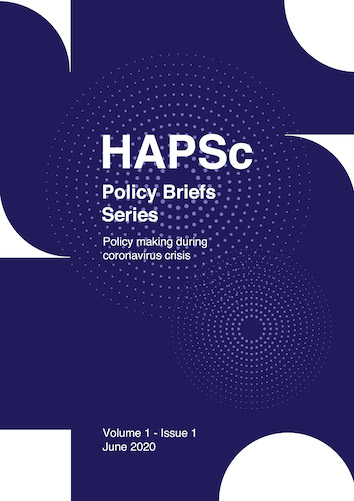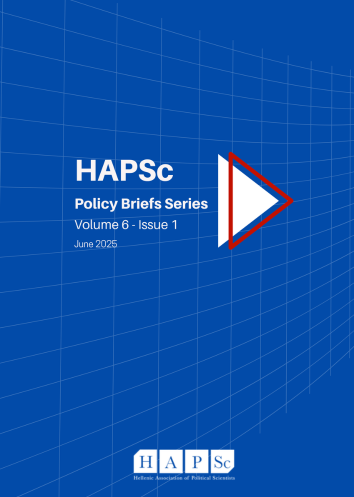Measuring Democratization and Detecting State Transitions
Resumen
Article Details
- Cómo citar
-
Papanikolaou, V., Roussakis, Y., & Tzionas, P. (2020). Measuring Democratization and Detecting State Transitions. HAPSc Policy Briefs Series, 1(2), 51–58. https://doi.org/10.12681/hapscpbs.26476
- Sección
- Articles

Esta obra está bajo una licencia internacional Creative Commons Atribución 4.0.
Authors retain copyright and grant the journal right of first publication with the work simultaneously licensed under a Creative Commons Attribution License that allows others to share the work with an acknowledgement of the work's authorship and initial publication in this journal.




